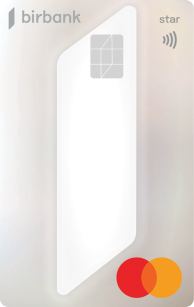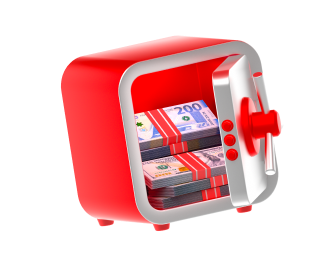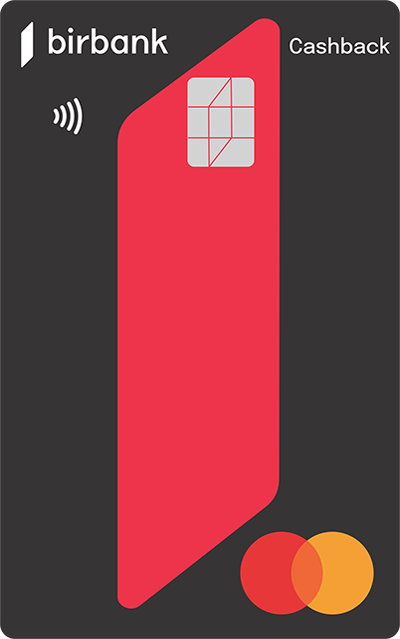FAQ
A bond is a type of security that grants the investor the right to receive interest payments on specified dates and the principal amount at the end of the bond's term.
When the total volume of bonds is large, their sale can be executed in portions. In this case, the portions of the total volume that are offered for sale are called "tranches." For example, if Kapital Bank’s total bond issuance amounts to 50 million USD, the bank will release this volume to the market in tranches, meaning in parts. Information about the sale dates and terms of each tranche will be announced to the public through mass media before the issuance.
The "maturity period" of bonds refers to the time span from the first day the bonds are issued to the maturity date of the issuance. Within a single issuance, all bonds have the same maturity date, regardless of when they are sold. For example, Kapital Bank’s USD bonds have a maturity period of 7 years. If the bank issues bonds on May 30, 2024, with a term of 7 years, and you purchase these bonds in October, they will generate returns until the maturity date of the tranche, which is May 30, 2031, rather than until October of the following year.
Our bonds yield 7% income over their maturity period. You will earn this interest rate from the date you purchase the bonds until the maturity date of the tranche. For example, if you wish to buy bonds worth 10,000 USD with a 7-year term, and you purchase them in the month they are issued, you will earn 58.33 USD per month. Thus, by the end of 12 months, you will have earned 700 USD on your 10,000 USD investment. If you purchase the bonds in a month other than the issuance month, you will earn interest for the remaining months. For instance, if you buy the bonds 5 months after issuance, you will earn a total of 408.33 USD over the remaining 7 months.
Yes, when you subscribe, interest at a daily rate of 2.5% is calculated on the funds until the end of the subscription period, that is, until the bonds are purchased. For example, if a subscription starts on August 26 and ends on September 24, and an investor deposits funds into the bank on September 5 for the purchase of bonds, a daily interest rate of 2.5% will be calculated on these funds until September 24. On September 24, when the subscription ends, the bond purchase is executed.















